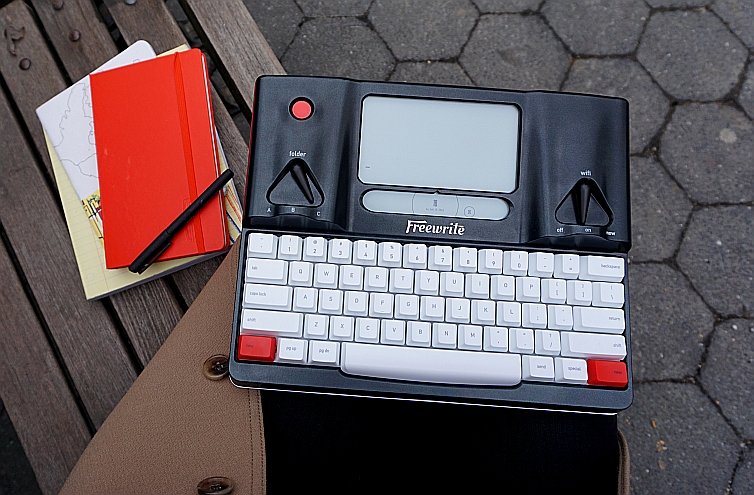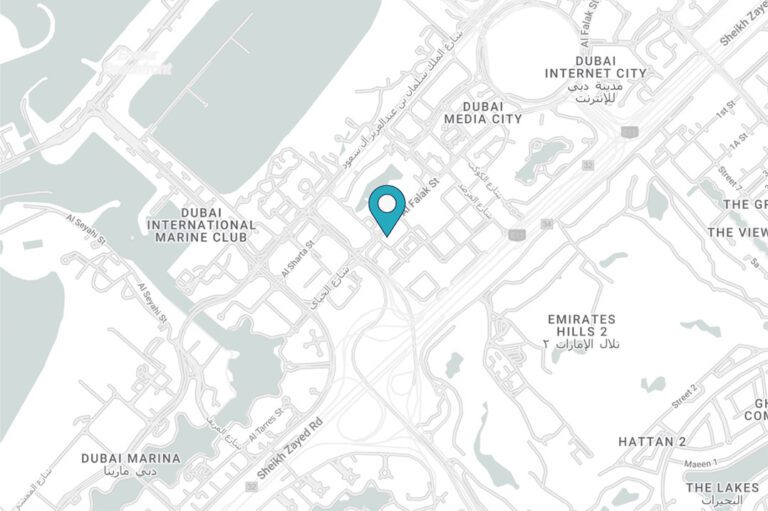
Hitting the sweet spot for flexible working
Barclays is the latest big organisation to review its flexible working policy, sending a memo to affected employees informing them that they’d be required in the office on three, rather than two, days per week. Metropolitan Police staff are striking over changes to its flexible working policy and the topic was even the subject of […]

New formats bring fresh focus to a packed sporting calendar
While my return to Long Ditton CC winter nets ahead of the new cricket season is imminent and Sunderland continues to play with my emotions in the top four of the Championship, 2025’s wider sporting schedule shapes up like no other. Olympic and football World Cup years aside, has any other sporting calendar been so […]

WILL 2025 BE THE YEAR OF THE CAR PR STUNT?
The growing significance of Chinese brands within the automotive industry is well established. Now, with a comprehensive choice of brands and products to choose from, begins the challenge of finding motorists, both in their highly competitive home and nascent overseas markets, willing to take the plunge. According to Carwow research, UK buyers are moving in […]

Formula 1 can’t rely on off-track drama to maintain its stellar rise
When Liberty Media bought F1 in 2017, it promised to grow the sport, enhance the racing experience and add new dimensions. So how has it gone? Well, the 24-race calendar last year was a record, as was the 6.5m live attendees at these races. Drive To Survive, the sport’s behind-the-scenes Netflix docuseries, has become a […]

Should You Still Use Hashtags on Social Media?
This question comes up a lot when discussing social media strategy: Should we include hashtags? The Origins of Hashtags Hashtags were originally designed to group conversations on social platforms, making it easier for people to follow specific topics. If you were into motorcycles, searching for #Motorcycles would bring up relevant discussions. They were a simple […]

MOTD Vs Changing viewing habits
I used to be a Match of the Day devotee, but the appeal is unfortunately waning. Yes, Sunderland AFC have been absent for 7 (seven) seasons, but I can’t remember the last time I tuned in for a full episode and with viewing figures down year-on-year (just 2.7 million earlier in January), this national institution […]

Introducing the antidote for AI generated copy: the smart typewriter
There’s a new piece of kit in the Performance Communications office: a Freewrite smart typewriter. It’s a pretty simple piece of technology: a chunky keyboard bundled with an LCD screen and storage. It doesn’t have a spellchecker, a web browser, or a scrollbar. If you’re old enough to remember, it’s reminiscent of early pre-PC word […]

What DeepSeek tells us about China and innovation
In January, China’s DeepSeek caused market pandemonium when it revealed its open-source AI model could match the performance of western AI providers like OpenAI, Anthropic, or Meta. Why? Because it reportedly did so with 10-20x less energy and hardware requirements. Many people were shocked because, unlike the OpenAIs of this world, DeepSeek was a small […]

Hitting the sweet spot for flexible working
Barclays is the latest big organisation to review its flexible working policy, sending a memo to affected employees informing them that they’d be required in the office on three, rather than two, days per week. Metropolitan Police staff are striking over changes to its flexible working policy and the topic was even the subject of […]

New formats bring fresh focus to a packed sporting calendar
While my return to Long Ditton CC winter nets ahead of the new cricket season is imminent and Sunderland continues to play with my emotions in the top four of the Championship, 2025’s wider sporting schedule shapes up like no other. Olympic and football World Cup years aside, has any other sporting calendar been so […]

WILL 2025 BE THE YEAR OF THE CAR PR STUNT?
The growing significance of Chinese brands within the automotive industry is well established. Now, with a comprehensive choice of brands and products to choose from, begins the challenge of finding motorists, both in their highly competitive home and nascent overseas markets, willing to take the plunge. According to Carwow research, UK buyers are moving in […]

Formula 1 can’t rely on off-track drama to maintain its stellar rise
When Liberty Media bought F1 in 2017, it promised to grow the sport, enhance the racing experience and add new dimensions. So how has it gone? Well, the 24-race calendar last year was a record, as was the 6.5m live attendees at these races. Drive To Survive, the sport’s behind-the-scenes Netflix docuseries, has become a […]

Should You Still Use Hashtags on Social Media?
This question comes up a lot when discussing social media strategy: Should we include hashtags? The Origins of Hashtags Hashtags were originally designed to group conversations on social platforms, making it easier for people to follow specific topics. If you were into motorcycles, searching for #Motorcycles would bring up relevant discussions. They were a simple […]

MOTD Vs Changing viewing habits
I used to be a Match of the Day devotee, but the appeal is unfortunately waning. Yes, Sunderland AFC have been absent for 7 (seven) seasons, but I can’t remember the last time I tuned in for a full episode and with viewing figures down year-on-year (just 2.7 million earlier in January), this national institution […]

Introducing the antidote for AI generated copy: the smart typewriter
There’s a new piece of kit in the Performance Communications office: a Freewrite smart typewriter. It’s a pretty simple piece of technology: a chunky keyboard bundled with an LCD screen and storage. It doesn’t have a spellchecker, a web browser, or a scrollbar. If you’re old enough to remember, it’s reminiscent of early pre-PC word […]

What DeepSeek tells us about China and innovation
In January, China’s DeepSeek caused market pandemonium when it revealed its open-source AI model could match the performance of western AI providers like OpenAI, Anthropic, or Meta. Why? Because it reportedly did so with 10-20x less energy and hardware requirements. Many people were shocked because, unlike the OpenAIs of this world, DeepSeek was a small […]

Hitting the sweet spot for flexible working
Barclays is the latest big organisation to review its flexible working policy, sending a memo to affected employees informing them that they’d be required in the office on three, rather than two, days per week. Metropolitan Police staff are striking over changes to its flexible working policy and the topic was even the subject of […]

New formats bring fresh focus to a packed sporting calendar
While my return to Long Ditton CC winter nets ahead of the new cricket season is imminent and Sunderland continues to play with my emotions in the top four of the Championship, 2025’s wider sporting schedule shapes up like no other. Olympic and football World Cup years aside, has any other sporting calendar been so […]

WILL 2025 BE THE YEAR OF THE CAR PR STUNT?
The growing significance of Chinese brands within the automotive industry is well established. Now, with a comprehensive choice of brands and products to choose from, begins the challenge of finding motorists, both in their highly competitive home and nascent overseas markets, willing to take the plunge. According to Carwow research, UK buyers are moving in […]















